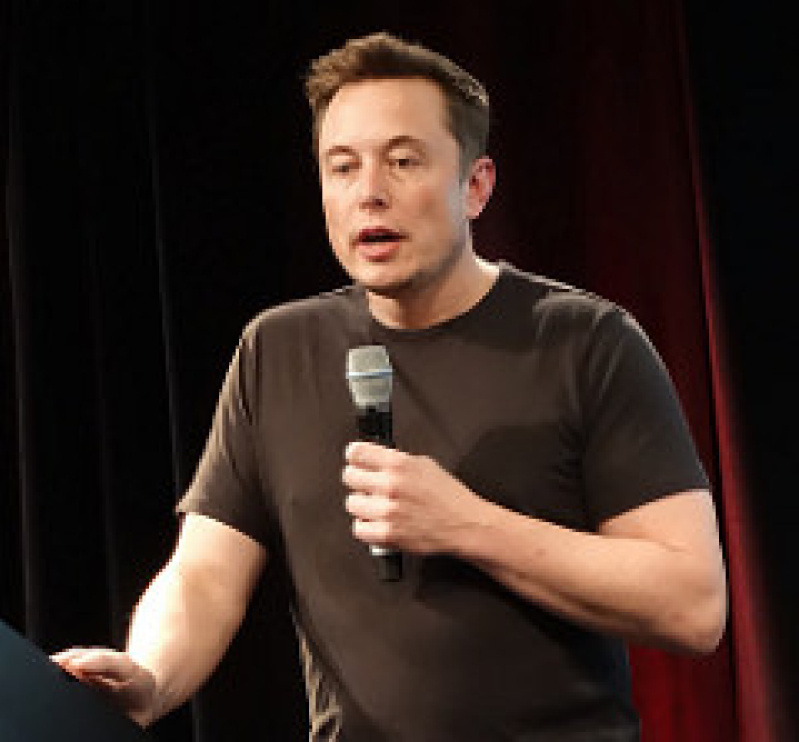
Elon Musk is an ambitious and successful businessman. He is very vocal of his Mars colonization. Musk also rallied behind SolarCity to get that deal through with his another company Tesla Motors. His continued dominance is not only limited to space, automotive and solar energy. One of Musk's goals is to set up thousands of satellites that will provide global high-speed internet even to those who are not able to access it right now. Unlike the challenges he usually faces, Musk's internet goal will pose a threat to China's power. The communist country is not one to back down.
Back in 2015, Musk had unveiled SpaceX's global internet project at the company's satellite factory in Seattle. According to the Business Insider, months after this, SpaceX asked the permission of the Federal Communications Commission (FCC). Apparently, SpaceX plans to launch 4,425 internet-providing satellites. The number shows that it will be hundreds more than those that are orbiting now.
The company also included a report by the UNESCO's Broadband Commission for Sustainable Development. SpaceX seeks to get those 4.2 billion people or 57 percent of the world's population who are offline to finally be able to access the internet. The UNESCO's report mentioned that there is "a wide range of reasons, but often also because the necessary connectivity is not present or affordable".
SpaceX wants to address this problem by "bathing the planet in internet". However, this is not easy. Musk had acknowledged that China is a hurdle. The Business Insider further reports that China would have to let SpaceX build antenna dishes or ground links that will send and receive data to and from the company's spacecraft.
It should be noted that China is very strict with regards to its citizens' internet access. The infamous "Great Firewall" has been used by the country to censor Chinese people from encountering things online that the government would not want them to see. For instance, a lot of foreign websites and news are blocked in China.
Regardless if China gives them the permission or not, Musk said it's still possible to continue their broadcast. Though he is hopeful that SpaceX can actually talk China into an agreement that will allow "communication with their citizens".
The challenge here is China's reaction once SpaceX continuing such uncensored broadcast without the country's permission. Musk reflected that threat of China by saying that it "can blow our satellites up". The country is definitely capable of destroying SpaceX satellites into pieces. In fact, there is a previous incident that could serve as a lesson for Musk.
Back in 2007, the People's Liberation Army of China launched a kinetic kill vehicle that targeted the Feng Yun-1C. The old weather satellite's fate was doomed. The collision produced almost 4,000 detectable chunks of space debris, according to the Business Insider. Though hundreds of its pieces have actually burned up, there are still 3,438 pieces zooming around the Earth. Space News reported that an estimated half of these chunks will stay in orbit until 2027.
Though the intention is there to reach out to those who are still not able to access the internet, China is a dangerous foe. Musk might consider not getting into China's bad side. Otherwise, he will risk another anti-satellite test.






